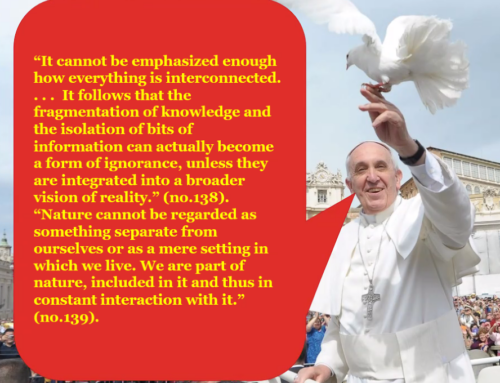The continuing debate about the application of scientific methods beyond their appropriate domain reached a wider mainstream audience this year, with the publication of Harvard psychologist Steven Pinker’s essay “Science Is Not Your Enemy” in The New Republic. Pinker responds to criticisms of scientism with a spirited defense of science, thereby missing what those criticisms target. Certainly, for anyone who takes for granted the benefits we derive from science, a reminder of its many blessings is always in order. But as far as I know, none of the essays about scientism that Pinker cites — including my own 2012 New Atlantis essay “The Folly of Scientism” — criticize science as such. While Pinker correctly says that these other essays reject scientism, his failure to give an accurate account of what scientism is and to engage closely with its critics, and his subsequent fortification of science rather than scientism, show that he misunderstands the matter altogether.
Pinker claims that scientism is a “boo-word” whose meaning is unclear to him. But some very precise definitions can be taken from the words of scientists who have advocated what critics call scientism. The chemist Peter Atkins’s claim that natural science has a “universal competence” serves as a concise definition of scientism. More generally, scientism is the idea that there is no human knowledge outside of the domain of the natural sciences.
As the analytic philosopher Alvin Plantinga has argued, equating all knowledge with natural science is a logically incoherent position, because science itself cannot provide us with any reason for believing that science is true. More precisely, the statement that all knowledge is (or potentially could be) scientific — the product of scientific methods — is itself not a scientific statement; it defeats its own universal claim. We must go outside of natural science, into the domain of philosophy, in order to establish the theoretical foundation for scientific knowledge. This foundation includes, for example, the notion that the universe is an ordered and intelligible system, an idea that has its roots in Judeo-Christian theology and in Greek philosophy. It is not a finding of science, but is rather the theoretical basis that makes science possible, and in light of which scientists seek resolutions between conflicting findings and theories.
Pinker muddies this distinction between philosophy and science when he claims that the founding figures of the Enlightenment, such as Descartes, Locke, and Kant were “scientists.” Certainly some of their activity was what we recognize today as science, but much was what we now call philosophy. Descartes, for example, contributed to mathematics, physics, biology, and philosophy. However, his physics and biology were mostly wrong, and if these were his only contributions to our intellectual tradition it is doubtful that he would be remembered today. It is his contributions to mathematics and above all to metaphysics and epistemology that have ensured his lasting fame.
In fact, Descartes’ philosophical efforts helped lay the groundwork for modern science. The question he posed in his Meditations on First Philosophy was how, by a process of methodical doubt — now a hallmark of scientific methodology — we can say that we know anything at all. His answer was to seek in metaphysics, specifically in the indubitability of our own being and in the certain existence of an intelligible world, a solid foundation for our knowledge and thus also for natural science. Subsequent thinkers who rejected Descartes’ particular solution to the problem, such as Locke and Kant, nonetheless agreed that the problem is one of metaphysics, not of natural science. Scientism, on the other hand, renounces our Enlightenment heritage by denying that natural science requires any philosophical foundations outside of itself.

